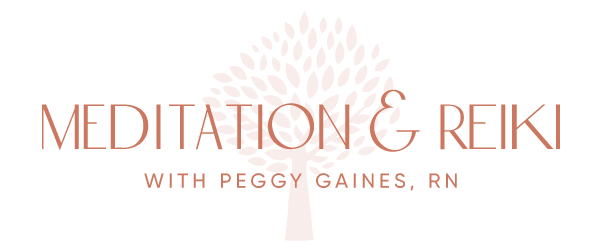HOW MINDFULNESS MEDITATION HELPS WITH BRACING
Have you ever heard the phrase “The waiting is the hardest part?” As it turns out, this sentiment is 100% true.
Researchers have found that when it comes to potential bad news, it’s the waiting that does the most damage to our mental health, and possibly our ability to cope.
And if you consider past events in your life when bad news was on the horizon, this widely accepted theory makes a lot of sense.
Why Waiting Is Difficult
A common term for this period of waiting is called “bracing.” It can take a myriad of different forms.
People may have to brace themselves for: exam or test results; news of a company downsizing or potential job loss; news regarding the health of a loved one; any number of unforeseen situations that have the ability to alter our life’s course.
And during the hours, days, and even weeks leading up to the news or event, it’s easy to focus on the worst-case scenario.
Multiple studies have shown that waiting for bad news is as difficult as receiving bad news. During this time, we can’t imagine what to effectively do next. When the bad news arrives, we tend to cope and keep going – simply because we have to, and there is not a second option.
There Is Hope
The National Science Bulletin conducted and funded a new study and published it in the journal Personality and Social Psychology Bulletin. The study found that there is something that people who are in this agonizing limbo can do – mindfulness meditation.
The study looked at 150 law students in California who had just taken the bar exam who were bracing themselves for the results. It takes roughly four months before results are posted, so the students had a long waiting game ahead.
During the four months, the students were asked to participate in guided audio mindfulness meditationsessions that lasted roughly 15 minutes, four times a week.
The researchers found that during the waiting period, the “bracing’ was kept at bay. The students did not obsess or linger on all the possible worst-case scenarios.
And it makes sense that this was the end result.
Be Present in the Present
Mindfulness meditation naturally trains us to focus on the present – the situations that we can actually control – instead of future scenarios, or past events that can’t be changed.
By paying attention to our current scenario instead- how we can react to the situation at hand- the spiral of worry and “what ifs?” that inherently accompany bracing fade into the background.
It has long been known that mindfulness meditation can help with generalized stress, anxiety, and depression. However, this is one of the first prominent studies to look at the specific anxiety and agony of waiting.
Bad news falls into everyone’s life at some point. There are plenty of cases where we have the insight to see it coming from miles away.
But with mindfulness meditation, we can reduce the anxiety of bracing for the unknown. We can instead focus on the present where our options, choices, and next steps are definite and clear.
Have you had trouble dealing with anticipation that leads to anxiety?

